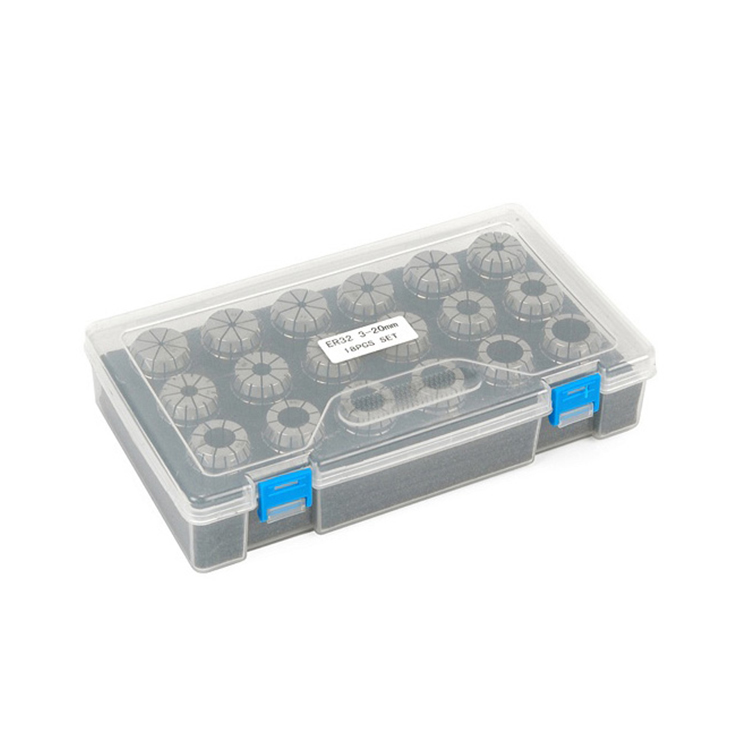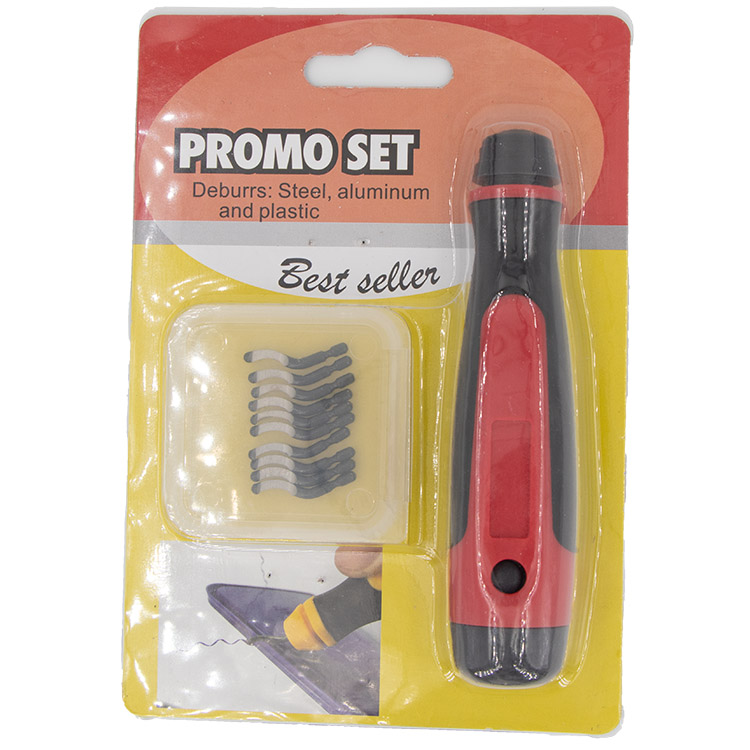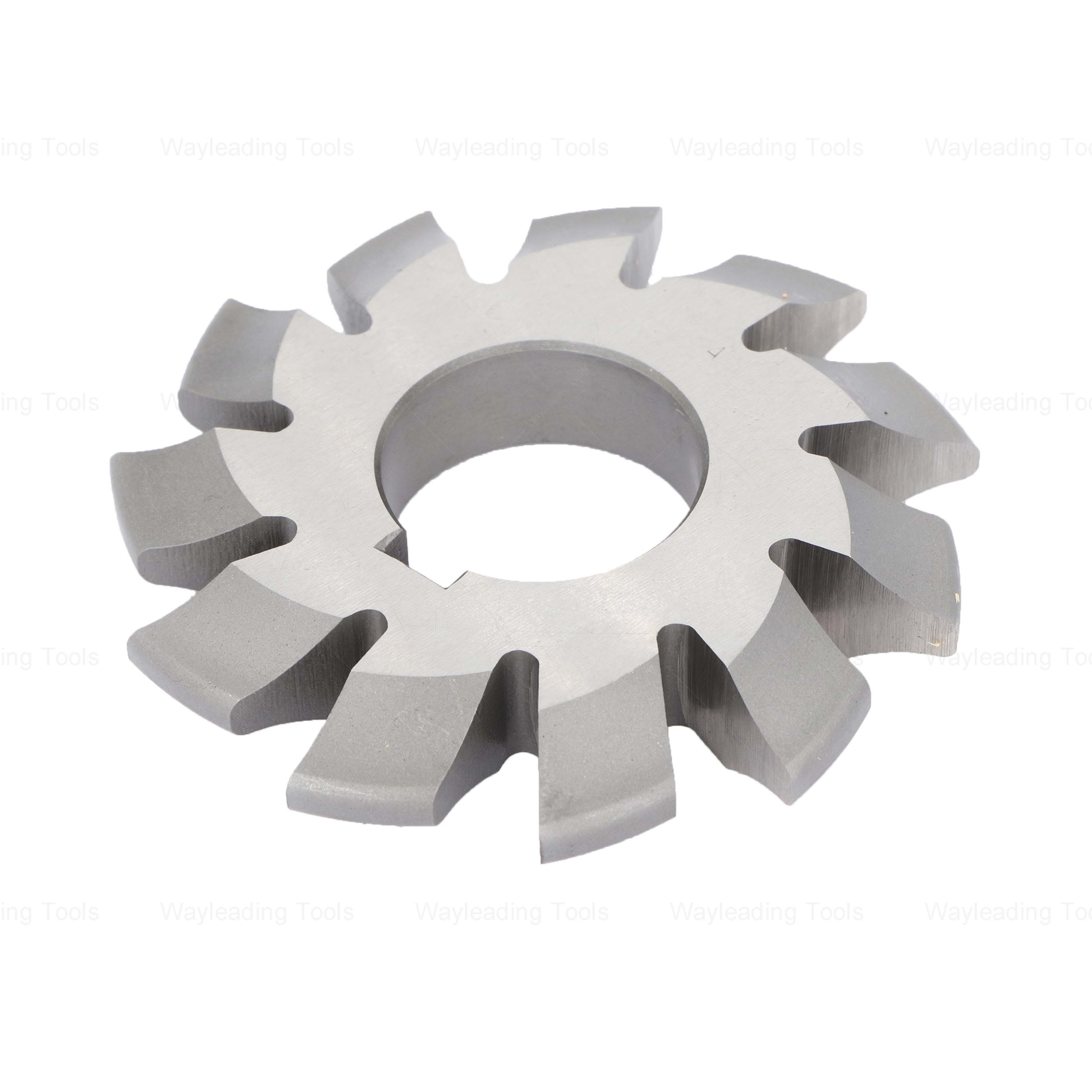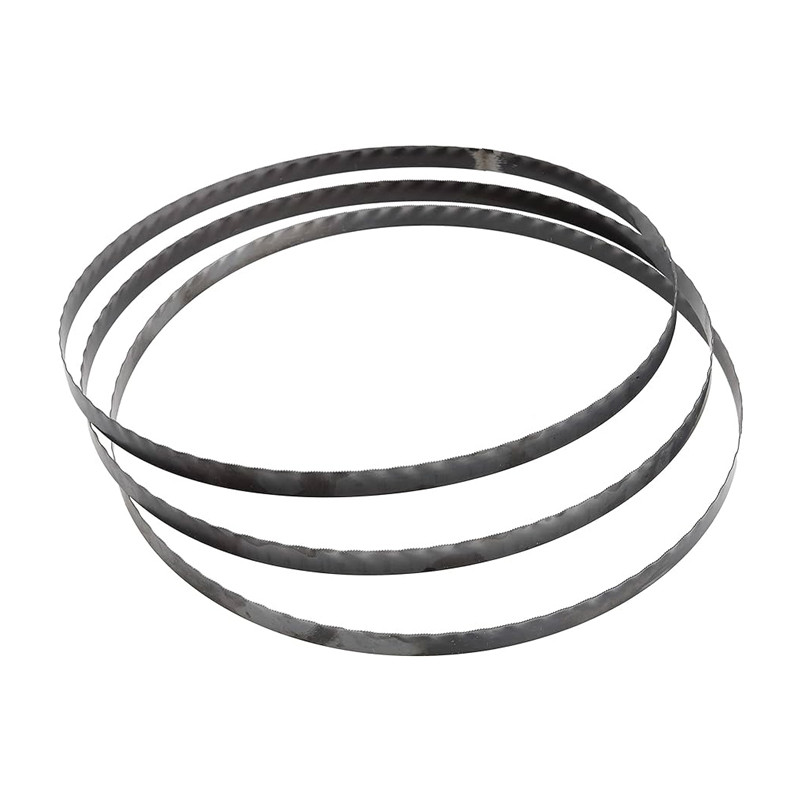Magnetic Base Suppliers
Sourcing reliable magnetic base suppliers requires careful consideration. Key factors include the supplier's product range, quality control processes, customization options, and overall reputation. This guide will explore these aspects, providing insights to help you choose the right partner for your magnetic base needs.
Understanding Magnetic Bases: An Overview
Magnetic bases are essential tools used in various industries for holding, positioning, and mounting items securely. They utilize powerful magnets to adhere to ferrous metal surfaces, providing a stable and adjustable platform. Choosing the right supplier is crucial for ensuring the quality, reliability, and performance of these vital components.
Types of Magnetic Bases
Different applications require different types of magnetic bases. Here are some common varieties:
- Standard Magnetic Bases: General-purpose bases for holding measuring instruments, lights, and small tools.
- Mini Magnetic Bases: Compact and lightweight, ideal for tight spaces and delicate tasks.
- Heavy-Duty Magnetic Bases: Designed for holding heavy equipment and withstanding demanding conditions.
- Adjustable Magnetic Bases: Feature adjustable arms and locking mechanisms for precise positioning.
- Switchable Magnetic Bases: Offer an on/off switch for easy attachment and detachment.
Key Factors to Consider When Choosing Magnetic Base Suppliers
Selecting the right magnetic base supplier involves evaluating several critical factors. Here's a breakdown of what to look for:
Product Range and Customization
A good supplier should offer a diverse range of magnetic bases to meet various needs. Additionally, the ability to customize magnetic bases to specific requirements is a significant advantage. Consider if the supplier can adjust:
- Magnet Strength: Tailoring the holding force to your application.
- Base Dimensions: Adapting the size and shape for optimal fit.
- Mounting Options: Integrating different mounting threads or fixtures.
- Materials: Using specific materials for corrosion resistance or other properties.
Quality Control and Certifications
Quality control is paramount. Ensure that the magnetic base supplier has rigorous quality control processes in place, from material sourcing to final inspection. Look for certifications such as ISO 9001, which indicates a commitment to quality management. Ask about their testing procedures, including:
- Pull Force Testing: Measuring the holding power of the magnet.
- Dimensional Accuracy Testing: Verifying the precision of the base dimensions.
- Environmental Testing: Assessing the resistance to temperature, humidity, and other environmental factors.
Reputation and Experience
A supplier's reputation and experience are valuable indicators of their reliability and expertise. Look for suppliers with a proven track record of providing high-quality magnetic bases and excellent customer service. Consider the following:
- Years in Business: Longer-established suppliers often have more experience and expertise.
- Customer Reviews and Testimonials: Read online reviews and testimonials to gauge customer satisfaction.
- Case Studies: Review case studies to see how the supplier has helped other customers solve similar challenges.
A company like Wayleading Tools, with its extensive experience in providing quality tooling solutions, understands the importance of reliable magnetic bases.
Pricing and Lead Times
While quality is the most important factor, pricing and lead times are also important considerations. Obtain quotes from multiple magnetic base suppliers and compare their prices. However, be wary of extremely low prices, as they may indicate inferior quality. Inquire about lead times for standard and custom orders to ensure they meet your project deadlines.
Technical Support and Customer Service
Excellent technical support and customer service are essential for a smooth purchasing experience. The supplier should be able to answer your technical questions, provide guidance on product selection, and resolve any issues that may arise. Look for suppliers who offer:
- Technical Documentation: Detailed specifications, drawings, and manuals.
- Application Support: Assistance with selecting the right magnetic base for your specific application.
- Warranty Information: Clear and comprehensive warranty terms.
Comparing Magnetic Base Suppliers: A Practical Approach
To effectively compare magnetic base suppliers, create a scorecard that evaluates each supplier based on the key factors discussed above. Assign weights to each factor based on its importance to your specific needs. Here's an example:
| Factor | Weight (%) | Supplier A Score (1-5) | Supplier B Score (1-5) |
|---|---|---|---|
| Product Range | 20 | 4 | 5 |
| Quality Control | 30 | 5 | 4 |
| Customization | 15 | 3 | 5 |
| Price | 15 | 4 | 3 |
| Technical Support | 20 | 5 | 4 |
Multiply each score by its corresponding weight to calculate a weighted score. The supplier with the highest weighted score is the best fit for your needs.
Conclusion
Choosing the right magnetic base suppliers is critical for ensuring the quality, reliability, and performance of your equipment and processes. By carefully considering the factors outlined in this guide, you can make an informed decision and select a supplier that meets your specific needs. Remember to prioritize quality, experience, and customer service when making your choice.
Related products
Related products
Best selling products
Best selling products-
 Precision Vernier Caliper Of Metric & Imperial For Industrial
Precision Vernier Caliper Of Metric & Imperial For Industrial -
 MT-APU Drill Chuck Holder With Keyless Type
MT-APU Drill Chuck Holder With Keyless Type -
 ER Collet Set With Hight Precision Milling
ER Collet Set With Hight Precision Milling -
 Type B Light Duty Deburring Tool Set With Deburring Holder And Deburring Blade
Type B Light Duty Deburring Tool Set With Deburring Holder And Deburring Blade -
 HSS Involute Gear Cutters – Module Type, PA 20° / 14.5°
HSS Involute Gear Cutters – Module Type, PA 20° / 14.5° -
 Dead Center For Morse Taper Shank
Dead Center For Morse Taper Shank -
 Type J-60 Degree Cone Tungsten Carbide Rotary Burr
Type J-60 Degree Cone Tungsten Carbide Rotary Burr -
 Inch HSS 1/2″ Reduce Shank Drill Bit For Metal Cutting Of High Precision
Inch HSS 1/2″ Reduce Shank Drill Bit For Metal Cutting Of High Precision -
 DIN333A HSS Center Drills With Milled & Fully Ground Flute
DIN333A HSS Center Drills With Milled & Fully Ground Flute -
 Round Die Wrench For Thread Cutting Tools
Round Die Wrench For Thread Cutting Tools -
 M42 Bi-Metal Bandsaw Blades For Industrial Type
M42 Bi-Metal Bandsaw Blades For Industrial Type -
 Outside Micrometer Set Of Inch & Metric With Rachet Stop
Outside Micrometer Set Of Inch & Metric With Rachet Stop











